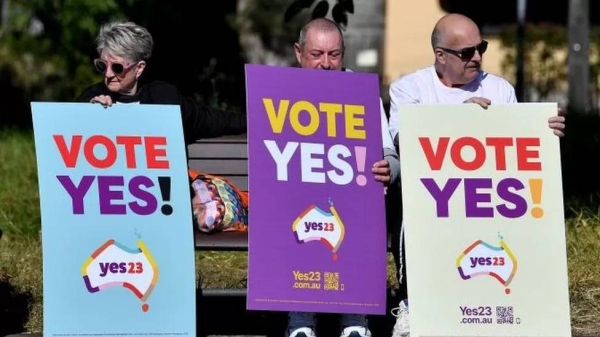
Nicola Sturgeon plans to hold a second referendum on Scottish independence in October next year if her government secures the legal approval to stage it.
Angus Robertson, the Scottish government’s constitution secretary, said that provided ample time to pass the necessary legislation, set out the Scottish National party’s case and stage a campaign.
“The first minister made clear yesterday she intends to make an announcement to the Scottish parliament in the forthcoming weeks about a route map towards a referendum, which we intend to hold next October,” he told BBC Radio Scotland.
“I am fully content that with the prospectus beginning to be rolled out, with the announcement that will follow on the route map on how that is going to be achieved, that we have a perfectly adequate window of opportunity both for legislation to be passed, for the opportunity for the people to scrutinise the prospectus the Scottish government will publish.”
On Tuesday the first minister published the first in a series of policy papers setting out the case for independence, which will tackle some of the major challenges facing the yes campaign, such as its currency options, Scotland’s deficit and debt, as well as the opportunities she says independence will bring, such as reforming welfare and immigration.
Sturgeon acknowledged on Tuesday those included potentially significant trade and business challenges if an independent Scotland rejoined the EU and had to introduce a customs border with the rest of the UK.
Scotland would join the common travel area, which still allows the free flow of people between the UK and Ireland, she said, but there would be customs challenges for goods and services.
In 2019, before the Covid crisis and the completion of Brexit, trade with the rest of the UK made up 60% of Scotland’s total exports, and was worth £52bn; the EU 19%, or £16.4bn.
The timetable set out by Robertson is wholly dependent on securing the legal authority to stage a fresh vote.
The 2014 referendum was staged only because the then Conservative-Liberal Democrat coalition government in Westminster gave it legislative consent, under section 30 of the Scotland Act. Many constitutional lawyers and pro-UK parties believe that is the only lawful route.
Since 2014, Theresa May and Boris Johnson have repeatedly refused to do so again, despite Scotland voting heavily against Brexit and a rash of polls in 2020 showing majority support for independence. The latest polls show the no vote slightly ahead.
Sturgeon said on Tuesday she would very soon set out other ways to make a second referendum lawful in a statement to MSPs, but refused to offer any further details.
The Scottish Conservatives accused Sturgeon of pursuing an unlawful “wildcat” referendum. Craig Hoy, the party’s chair, said: “Nicola Sturgeon has come close to endorsing a plan to push ahead with an illegal vote and Angus Robertson doubled down on that today. This reckless push for another referendum will damage Scotland when all the focus should be on Covid recovery and the global cost-of-living crisis.”
If Sturgeon decides to pursue a referendum without a section 30 order, new referendum legislation would also need approval from Holyrood’s presiding officer. It could also face repeated legal challenges, up to a final hearing at the UK supreme court.
The process and question then needs to be approved by the Electoral Commission, and the UK government could also call a general election before January 2025. All those steps could delay the date of a referendum, or prevent it taking place.
She said Scotland would learn lessons about how to build the best and most friction-free border with England and Northern Ireland post-independence by learning lessons from the current crisis over the Northern Ireland protocol.
“There will be customs and regulatory issues on trade if we are in the single market,” she said. “I think the benefits of being in the single market outweigh the challenges there. What I’m saying to you very frankly is we need to set out how those challenges will be met.”












